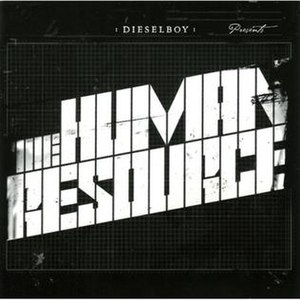Metrics
Metrics are good. They make us do something that psychologists call “operationalize”. Operationalize isn’t some complicated Freudian notion. It just means that we take a rather vague slippery idea and say exactly what we mean. We don’t use “operationalize” to sort out clients who are in an emotional mess. We use it to sort out us ~ to make sure we are clear about what we want to do.
Applying the wrong metrics . . . ouch!
It’s alarming then when we look out into the world and we see people using the wrong metrics. Often people take a technology and use it in the wrong circumstances, terribly impressed that they are generating a number but apparently unaware that the numbers they are looking at does not match what they say they are doing, or need to be doing. It’s doubly scaring because it is clear they haven’t simply made an error. They have no idea about what they need to do or how to do it. Nor, it is clear, do they understand the very ‘technology’ they are applying.
New organizations
The world is changing and we are going to need new ‘technologies’ for new situations and new metrics to define exactly what it is we are doing and how well we do it.
Choosing people to join an organization
Big organizations will still have a familiar task: choosing people to join them.
The old idea that we would match people as pegs to holes like the game we give to 1 year old’s just doesn’t wash anymore. What was designed to quickly allocate hundreds of thousands of conscripts to roles in WWI and WWII is not well suited to today’s business.
We have a ‘talent war’ now. This means that our success depends upon know-how brought into the organization by our people. What we do and how we do it depends more on their ingenuity,creativity and judgment than our preconceived notion of what to do and not do. After all, if we knew what to do, we wouldn’t be hiring them as talent. If we knew what to do, we could probably use a computer or a robot.
There are some roles still where “Mac” jobs rule. Goody. Just knowing that the organization runs on “mac” jobs is enough to make look for something better. Decide the level of your product. If it is . . well least said.
Metrics for new selection
What is, then, the essence of selection for new organizations? And what would be the metric.
I like the idea of assessments that are genuinely two way: in which the candidates find out about us. Even if they choose not to join us, through that exploration they become clearer and optimistic about their opportunities. And we become clearer about what we are doing, and the value of what we are doing because of the questions they asked and the conversation they stimulated.
My metric for new selection
Could the measure of an assessment system be the percentage of people who believe that the conversation we invited, initiated, and managed was worthwhile?
Thinking like an academic,
- Would the opinions of the applicants be uni-dimensional, or would we have to break it up?
- Would the applicants’ opinions of our conversations tally with our own?
- Do good quality conversations predict good quality conversations in the future?
- What are the features of good quality conversations and do they fit known models (such as Losada’s model of team performance)?
- Would good quality conversations lead to increases in productivity in the units hiring?
- Do good quality conversations lead to insights about how to negotiate the improvement of the entire supply chain?
- Are good conversations associated with JIT labour supply?
- Are good conversations associated with lower total costs of HR administration?
Hmm, I’ve seen this rolled out without the metrics. And I’ve seen plenty of utterly misplaced metrics.
When are we going to step up and serve the knowledge industries of the global information age?
When, o When?
One Comment

